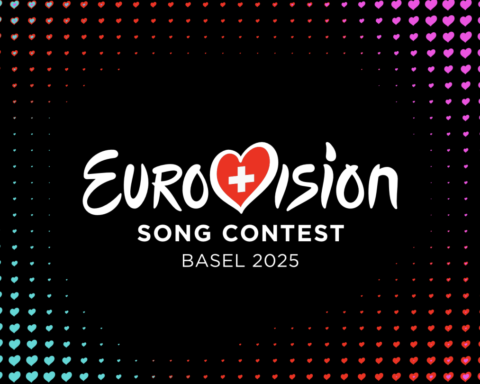The Eurovision Song Contest, known for its dazzling performances and celebration of cultural diversity, once again captivated millions around the world in its 2025 edition. But beneath the glitter and applause lies an ongoing debate: is the Eurovision voting system truly fair?
Public vs. Jury Votes: A Growing Divide
Since 2009, Eurovision has used a combined voting system, where each country awards points based 50% on national juries and 50% on public televoting. This method was introduced to balance expert opinion with popular sentiment. However, recent years—including the 2025 contest—have exposed increasing tension between jury decisions and public preferences.
This year, many fans were shocked to see entries that dominated the public vote finish behind jury favorites in the final ranking. In particular, countries such as Israel, Estonia, and Ukraine reportedly received overwhelming public support but fell short due to significantly lower jury scores. On the flip side, Austria’s winning performance, praised for its technical merits, received modest support from the public but scored heavily with juries.
Concerns About Transparency and Bias
The controversy has reignited concerns that jury voting may introduce subjective bias or political favoritism. Critics argue that some jury panels may favor certain musical styles, artists, or even countries based on cultural or political alignment, rather than purely musical merit.
Furthermore, the selection of jury members is often opaque, leading to questions about their qualifications and independence. Eurovision organizers maintain that jury selection follows strict EBU guidelines, but calls for greater transparency continue to grow louder.
Is Reform Needed?
There is growing sentiment among Eurovision fans and analysts that the voting system may need reform to restore trust. Suggestions include:
- Increasing the weight of the public vote to 60% or more.
- Releasing detailed jury scores for transparency.
- Rotating jury members every year with stricter qualifications.
Conclusion
While Eurovision remains a beloved celebration of music and unity, its voting system continues to divide opinion. The 2025 final has sparked fresh debate on whether the current method truly reflects the will of the people or if change is necessary to uphold the contest’s democratic spirit.
Whether reform will follow remains to be seen, but one thing is certain: Eurovision fans are watching—and they expect fairness.











